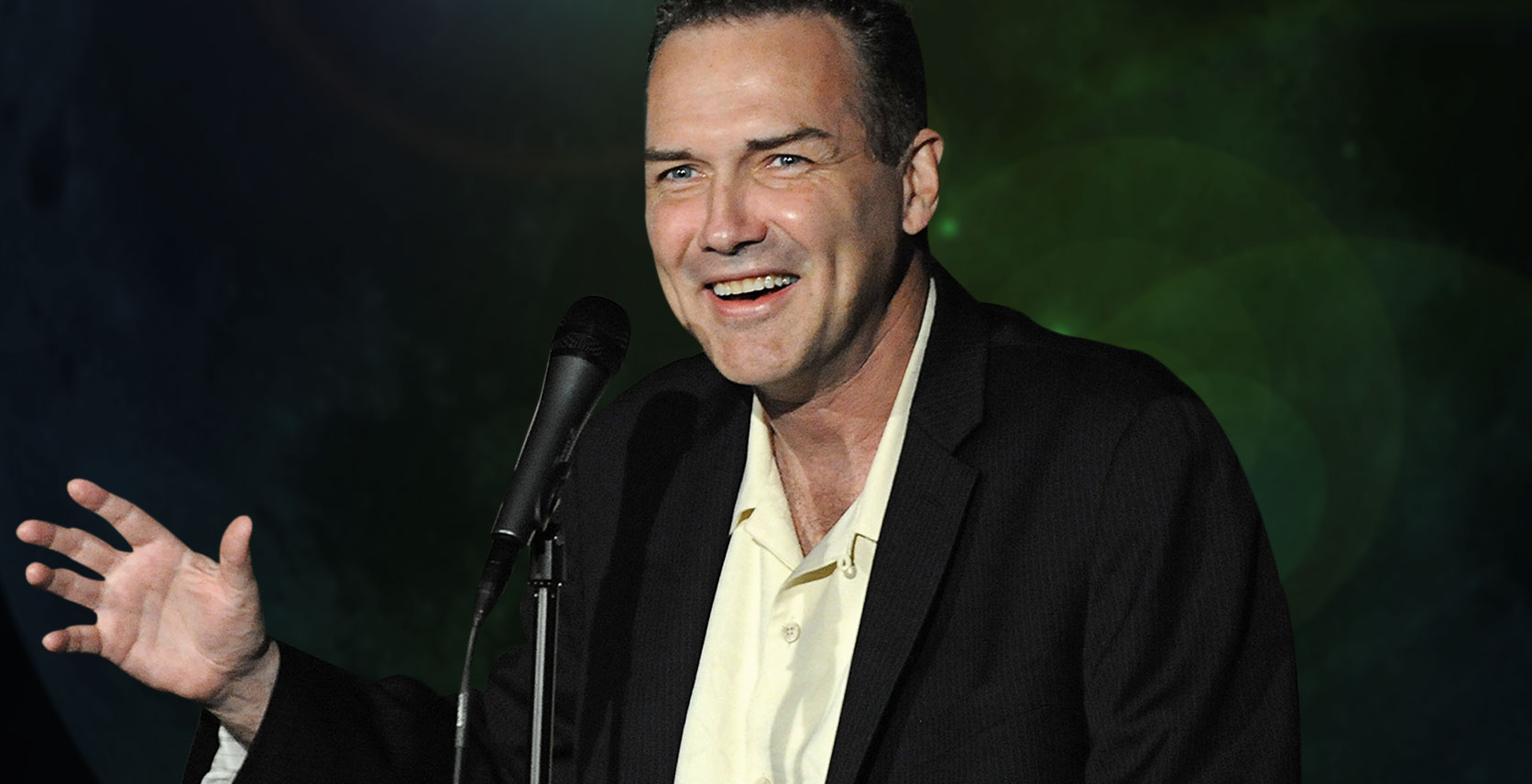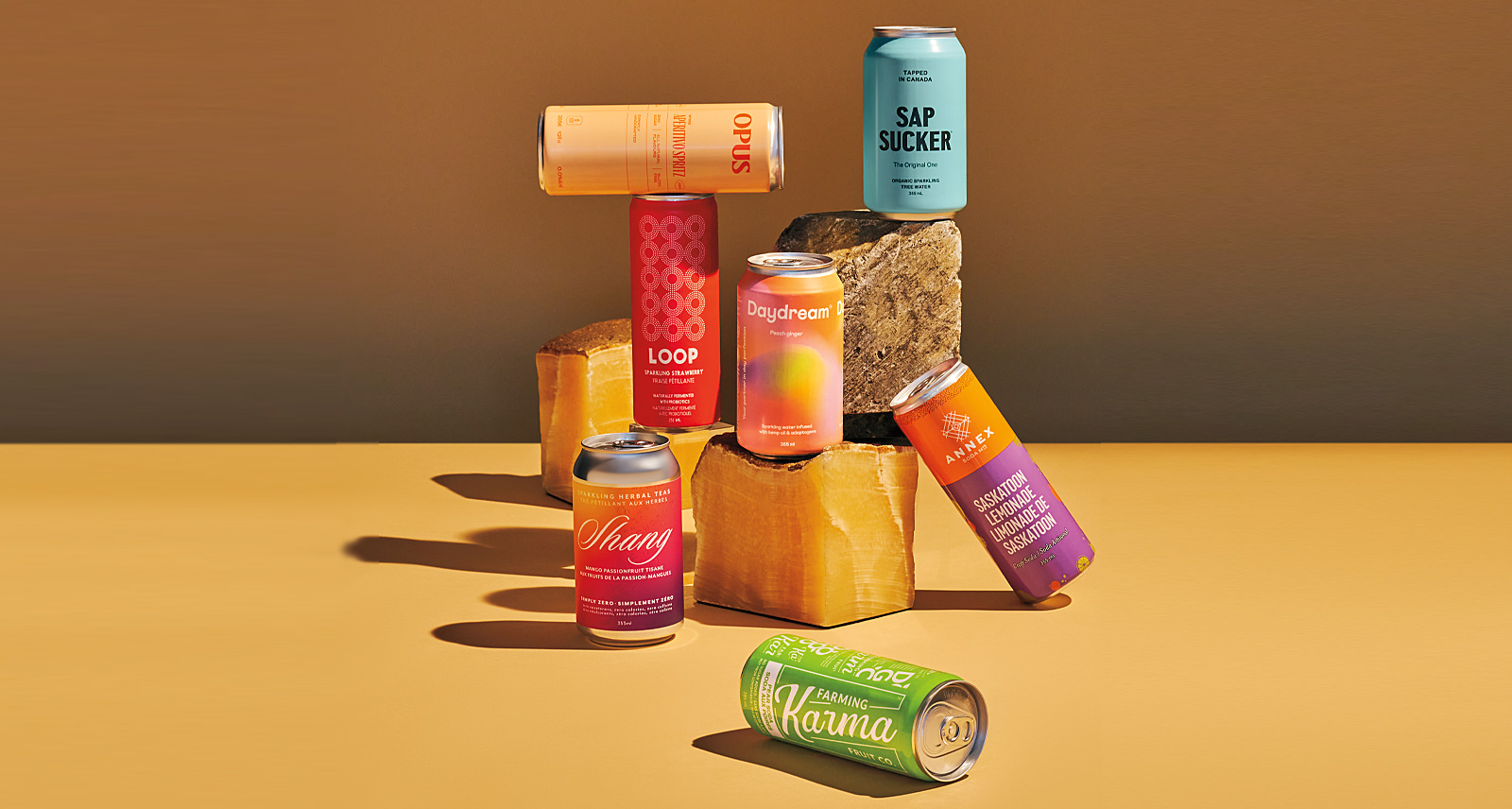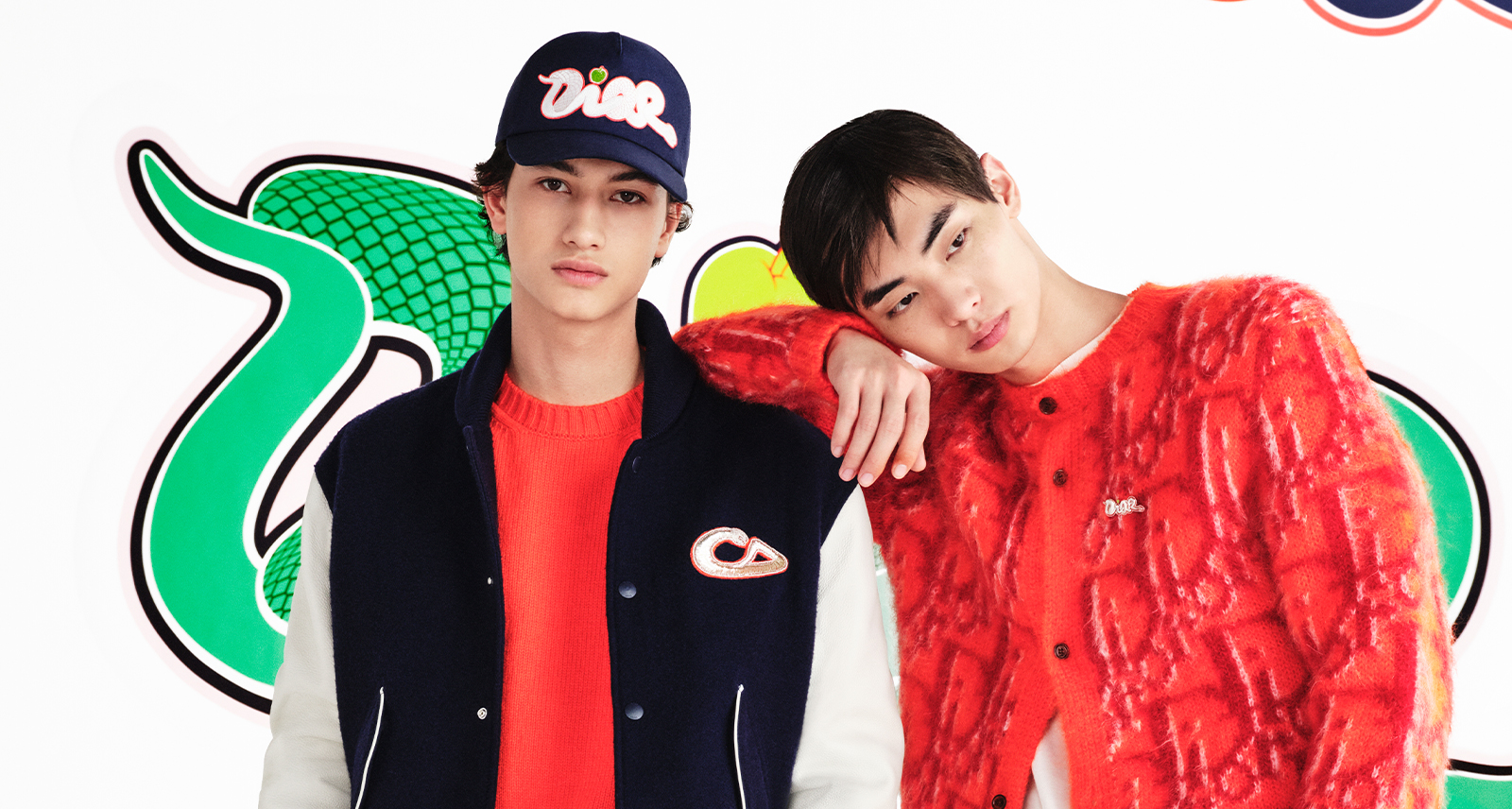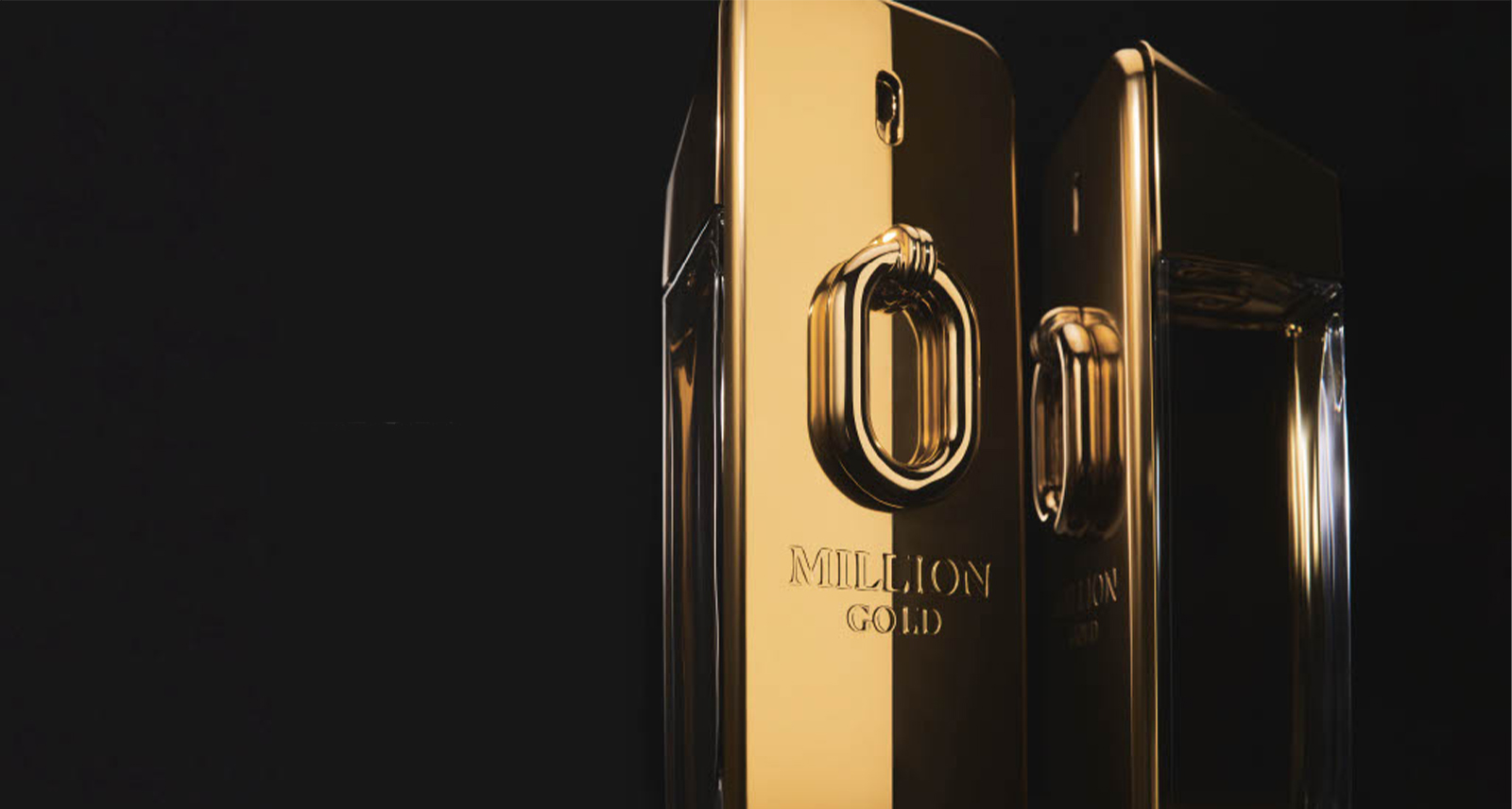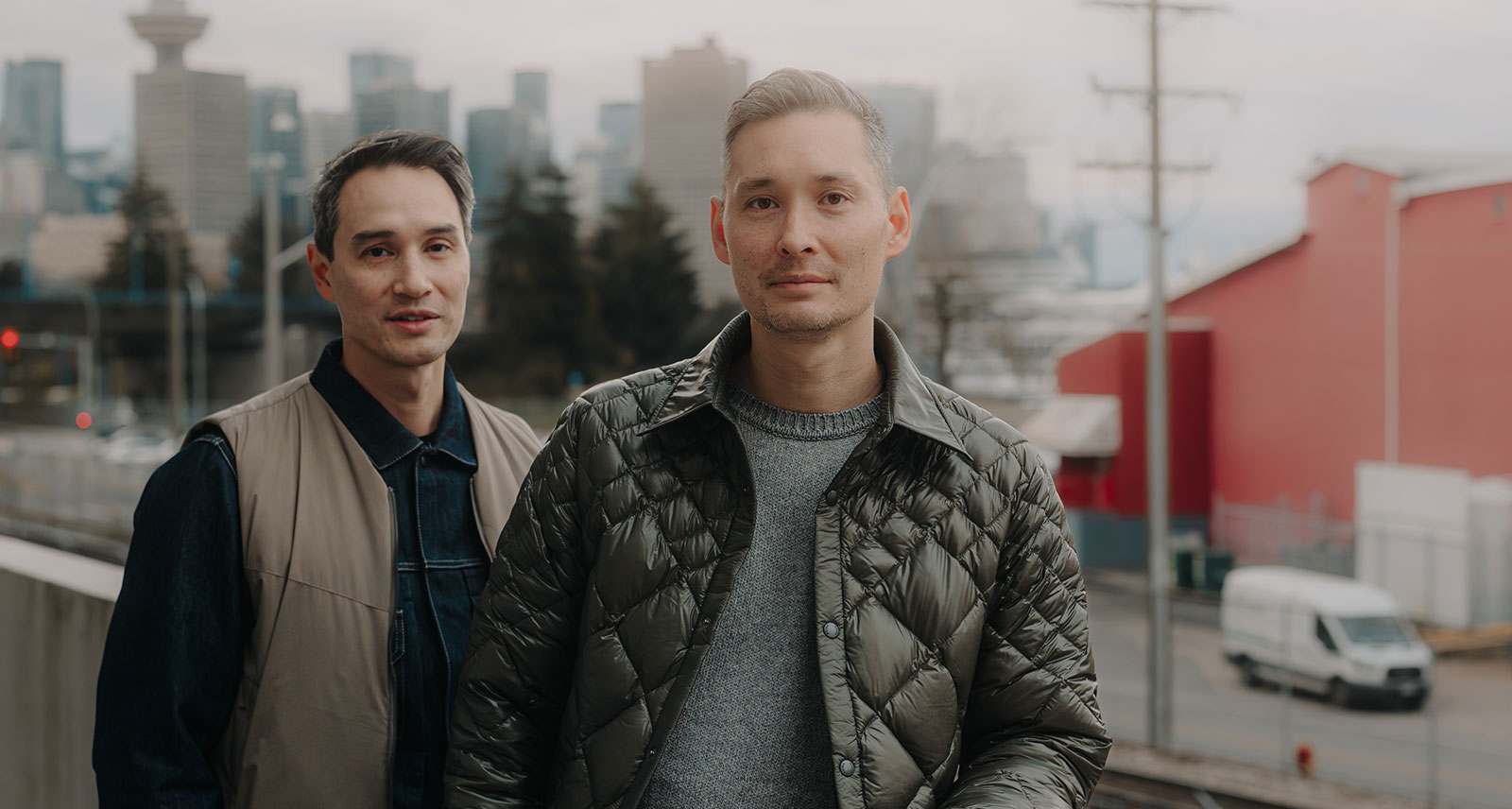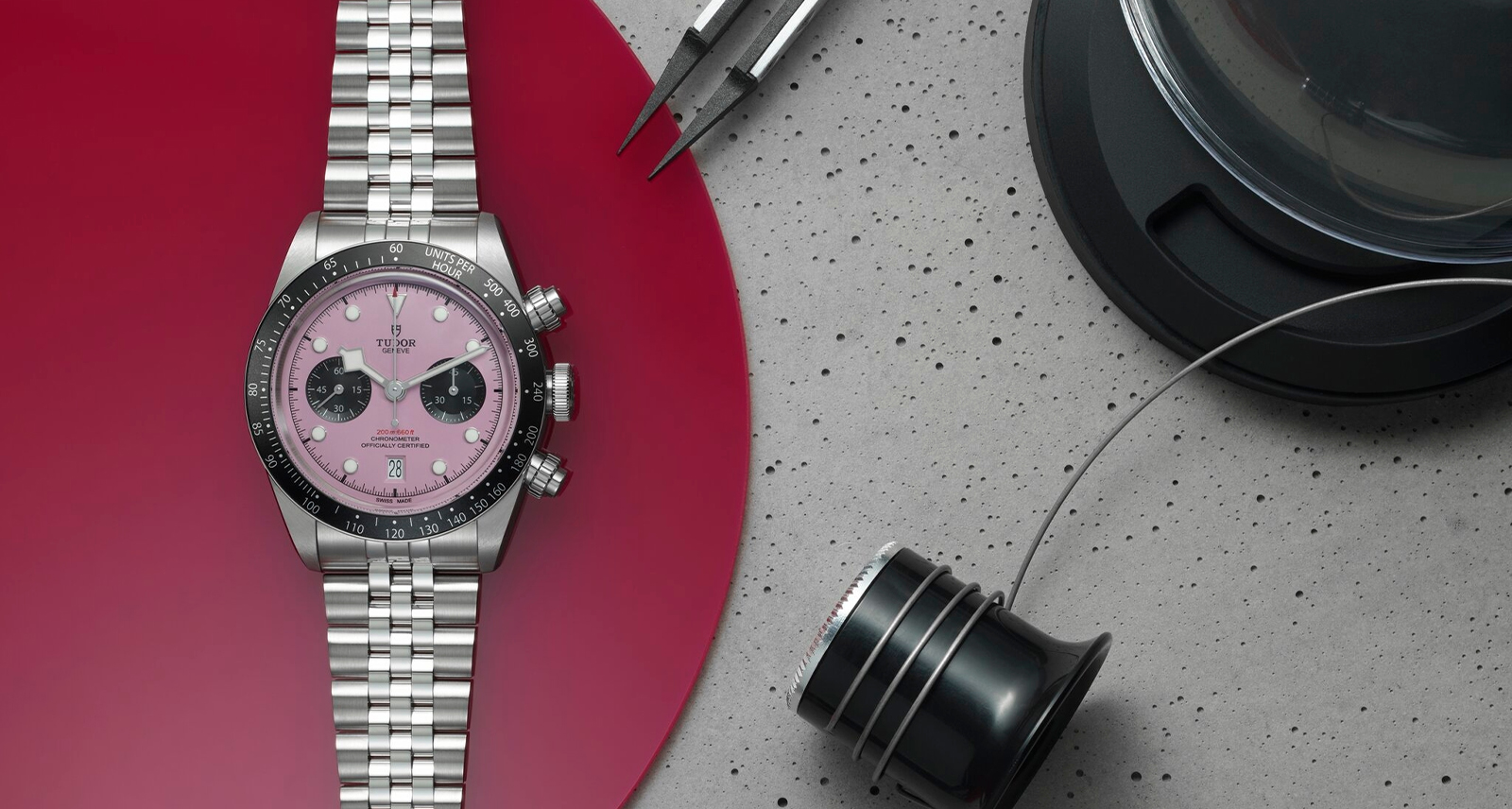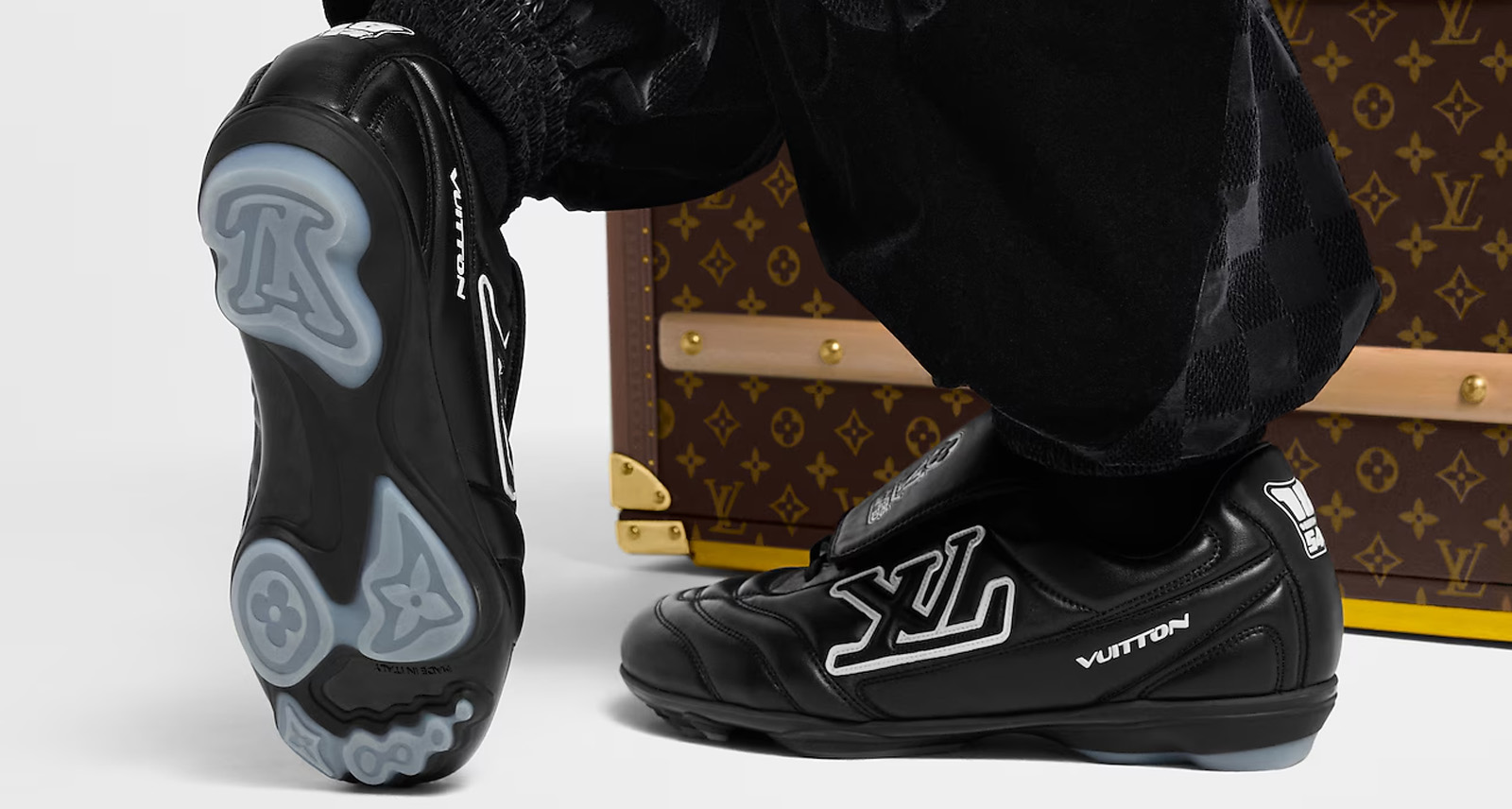Norm Macdonald Is the Funniest Man (Not) on TV
Norm Macdonald is the Lil Wayne of comedy. He slurs his words, he’s gone a bit off the rails over the years (and was briefly reported dead), he hasn’t had a hit in ages — and yet, he’s still considered one of the best in the game. Macdonald got his biggest break in the mid-’90s, anchoring “Weekend Update” on Saturday Night Live, disarming audiences with his dry sarcasm and aloof, blunt non-jokes. Word is his lack of an internal censor is what eventually got him fired. Whatever the case, it certainly hasn’t helped him keep a job since. For the last couple decades, the Canadian comedian has struggled to find a proper vehicle for his subversive comedy; there have been failed sitcoms (The Norm Show, A Minute with Stan Hooper), box-office bombs (Dirty Work, Screwed), and projects that never aired due to creative differences. Like Weezy, Norm may be his own worst enemy.
Or maybe not. What makes Macdonald such an impossible guy to base a conventional show or movie around might be exactly what makes him so funny — he’s in full flow when he’s spontaneous and uncompromising. At 56, he’s finding alternate routes for that jarring unpredictability, whether it’s Twitter (where he spins long, meandering yarns), his YouTube podcast (where he tells long, meandering jokes), or his surprisingly brilliant new memoir, Based on a True Story (which, unsurprisingly, is based on a half-true story). Sure, he’d like a day job. But in an industry that decides a comedian isn’t thriving unless they’re a movie star, sitcom headliner, or talk show host, he’s content being something else: a stand-up, a raconteur, a latter-day Bukowski, a dirtbag genius. The man is the king of left turns, after all. Just when you think he’s down and out, he picks the world up and drops it on your fucking head.
So, your book begins with you finding out, on Wikipedia, that you’re dead. What’s it like to die on the Internet?
Yeah, that was actually a thing that happened. This guy sent me a screenshot of the Wikipedia page saying I had died. It made me feel very, very strange, because I realized that one day, that’s what my Wikipedia page will say, and it will all be in past tense. So I felt kind of like a ghost, reading my own obituary. It was very, very strange. I guess it made me want to explain my life.
You know, most people’s lives are just summed up by whatever that fucking thing is above your date of birth and your date of death on a tombstone. You know, that little curvy fucking thing. And I’m always like, “Goddamn. Can’t you say anything else about this motherfucker? Like, he must’ve done something!” But nowadays, there’s Wikipedia. I don’t want Wikipedia to tell people who I am after I’m dead. So that’s where I got the idea to write the book. I want to at least tell my side of the story.
Although, you seem to take quite a bit of artistic license while telling your story.
I did that because I wanted to say things that would be libelous, you know? But I didn’t want to get everyone’s permission for it, so I thought if I mix true things that would get me sued with insanely untrue facts, then you can’t step forward and say this is libel. Because you just go, “Well, the whole book is ridiculous nonsense!” So that was the plan I hatched.
The book also says you gambled away your net worth three times! That can’t be true.
Yeah, yeah, I did. That’s true. [Laughs.]
What does that feel like?
Well, oddly enough, it feels kind of good. You know, you just go to the coffee shop, you sit there, and you feel clean of everything. Of course, when you lose it all, it’s a tremendous body blow at first. But you see it coming for a while before you realize you’re out of control. And afterwards, I don’t know, there’s something nice about having nothing. I mean, if you have enough to eat, and about ten feet or so to lie in, then in truth that’s all you need. Everything else you just buy, and then eventually don’t like, and then find in your closet later and go, “Why did I get this?”
Do you still believe in going all in?
Yeah. I do. I always say, better sorry than safe. Because with safe, we know what’s going to happen, but it’s not going to be great or horrible. It’s just going to be dull. So, yeah, I still do that. Because, first of all, I have faith in myself that I can make money. When I was a kid, I was dead broke on the streets of Vancouver. I always knew I could get money when I needed it. Maybe you’ve got to dip into criminality a bit, but there are lots of ways of making money.
What? You’ve dipped into criminality?
Yes, sir. When I was younger I did. And would do not terrible things, but stuff like break and entering. Just to make a little money. I remember we took electric typewriters — that’s how long ago this was. And those motherfuckers were heavy. We’d use a cab. The cabbie would stop, we’d break a window, a big fucking alarm would go off, we’d grab as many as we could, and then we’d take them to an Indian reservation, because police are not allowed to enter Indian reservations. That’s native land. Then a fence would come and pay us 50 bucks each for them. Those were good days, man. All my actually interesting stories are from before show business. Nothing really happens once you get in show business. People always want to know about all this backstage stuff and there isn’t any! It’s all on stage. The backstage stuff is just people eating sandwiches, trying to figure out what the fuck to do onstage. It’s not interesting.
Speaking of showbiz, Comedy Central’s president, Kent Alterman, recently said that you not being on the airwaves is one of the great injustices in the world.
Yeah. If only he knew someone! He could change that.
“I don’t want Wikipedia to tell people who I am after I’m dead. So that’s where I got the idea to write the book. I want to at least tell my side of the story.”
He totally could! Well, he did give you that sports show once.
Yeah, he did. But I didn’t want it. I knew it wouldn’t work. I told him, “The problem with having something called The Sports Show is women will not watch it.” And he’s like, “Well, we tested it on both men and women and the women liked it.” And I said, “Yes! But that’s because you forced the women to watch it! But if a woman sees ‘Sports’ in the title she won’t watch it.” And there were some women in the room who were like, “No! That’s not true. Women love sports!” And I went, “Oh, okay. I forgot about that. I forgot about how much women love sports.” [Laughs.] So I knew we were just cutting our audience in half and we were doomed from the start.
Do you still want a show?
If it’s a proper show, I would. I don’t want to just do anything anymore. I don’t really need money. Hollywood is a weird place; the next gig you line up all of a sudden becomes the most important thing in your life. And now I usually don’t want a role. I read scripts and go, “I don’t want to do this. It’s not funny at all.” And people tell me, “Yeah, but it’s going to be a big movie.” And I’m like, “Well, it’s even worse if it’s a big movie and I suck.” You know? So it would have to be something quality, and that’s very, very hard to find.
Could the problem be that the right outlet for your type of humour doesn’t exist?
The problem is they always want me to collaborate. I’ve pitched them complete shows and written the pilots. And they always ask, “Who’s going to write it?” And I’m like, “But I just read you the goddamn pilot and told you everything that’s going to happen in the first season! I’m a much better writer than performer. If you don’t want me to do both, just get a different performer and I’ll write it!” But they don’t understand. They think stand-ups are good comic actors, but stand-ups are actually good writers. So, I would just have to have complete control, I think. The collaboration rarely works. Unless, of course, you’re buddies. Seinfeld and Larry David are buddies, and so their collaboration was awesome. But in LA, your agent will always say, “You’ve got to find somebody to write this show for you. So go have a lunch with this stranger. He’s not funny in real life, but he’s very funny on paper.” Then you go to lunch and the guy’s not funny and you’re like, “I wish he brought the fucking paper with him.” It’s like marrying someone you just met. And the problem with writers in LA is they’ve given them so much money over the years that they’re lazy. Even if they’re talented, they want to be home by five o’clock. That’s not how you create quality things.
You must be referring to that FX show of yours that got canned.
Yeah, which is depressing because, like, two weeks after that they let Louis C.K. do his own thing — exactly what I wanted to do! I was like, “Gee, what the fuck, they just let you do that all by yourself?” And he was like, “Yeah! I said I’m just doing it from New York by myself and they let me.” And I’m like, “Goddamn! That was my exact plan!”
Such bullshit!
It was a little rough, yeah. Louis was quite hot at the time. He was a very big name. He still is. And it worked. I mean, it was a great show. But it should have proved a comic can do that. It was like Seinfeld, you know. I thought Seinfeld would change TV, but no, they went straight back to the stupid shows. They should have followed that paradigm of finding a comic and his buddy and letting them be funny, you know? And not get these writers who have written on 25 awful shows to be your partner. Which is what they do, unfortunately. But that’s okay, because I only like doing stand-up, anyways. It’s the hardest thing to write because it requires laughs. When I first wrote for sitcoms I’d read them and I’d think, Shit, this whole thing is going to bomb. These jokes suck! And then they didn’t bomb at all, because they lather up the audience so much. You say a line and then they laugh for three fucking minutes. You have to let them finish laughing at whatever nonsense you said. That’s how sitcoms work.
You know, there’s a big Twitter campaign to have you replace Peter Mansbridge as anchor on The National.
[Laughs.] No, no. My brother should do it, I think. He’s a great journalist and very, uh — well, you can believe him. He doesn’t bullshit. He’s very, very straight ahead and very fearless when it comes to asking questions of other people. So yeah, that’s why I think he should do it. I don’t think he wants to, but…. [Laughs.] Well, he knows everything. Our family dinners, for me, are mostly just listening to Neil. Because he’s been everywhere and he knows everything. I’ve been nowhere. I know nothing.
That’s not true. You’ve been on Saturday Night Live! You say something really sad in your book: “It’s difficult to define yourself by something that happened so long ago and is gone forever.”
It is really hard, yeah. It is. Because I’m constantly being asked about it, so it never goes away. But the upside of that is as long as SNL exists, I do too. My relevance stays as long as SNL is there. So I have ambivalent feelings about it. It’s weird answering the exact same questions endlessly. And I do hate taking pictures with people. They’ll get you in a headlock and go, “You’re doing a shot with me!” Drunk people, they get dangerous. Or they’ll get angry and go, “I don’t know who the fuck you are. All these people seem to think you’re somebody.” They’re somehow jealous because they think that I’m trying to get their girls. Or even girls will come up and be like, “I don’t care who you are.” Well then, why are you talking to me? It’s not like I approached you! But a lot of people are kind. To have strangers smiling at you is much nicer than strangers ignoring you, which is what used to happen. When you don’t feel that good about yourself, it makes the day a little brighter. You know, sometimes.
